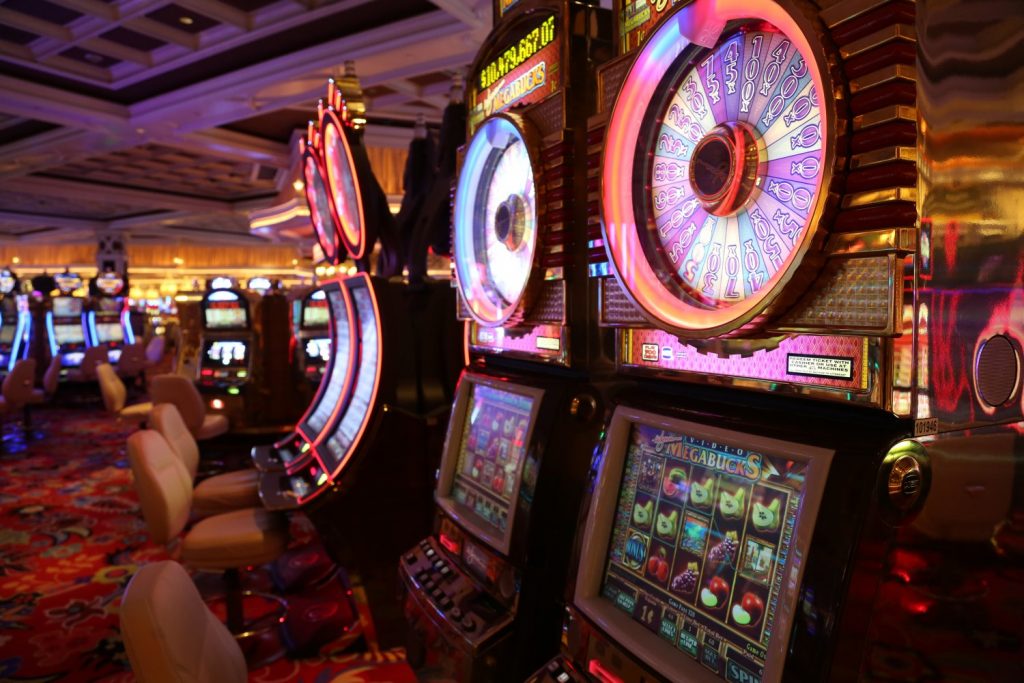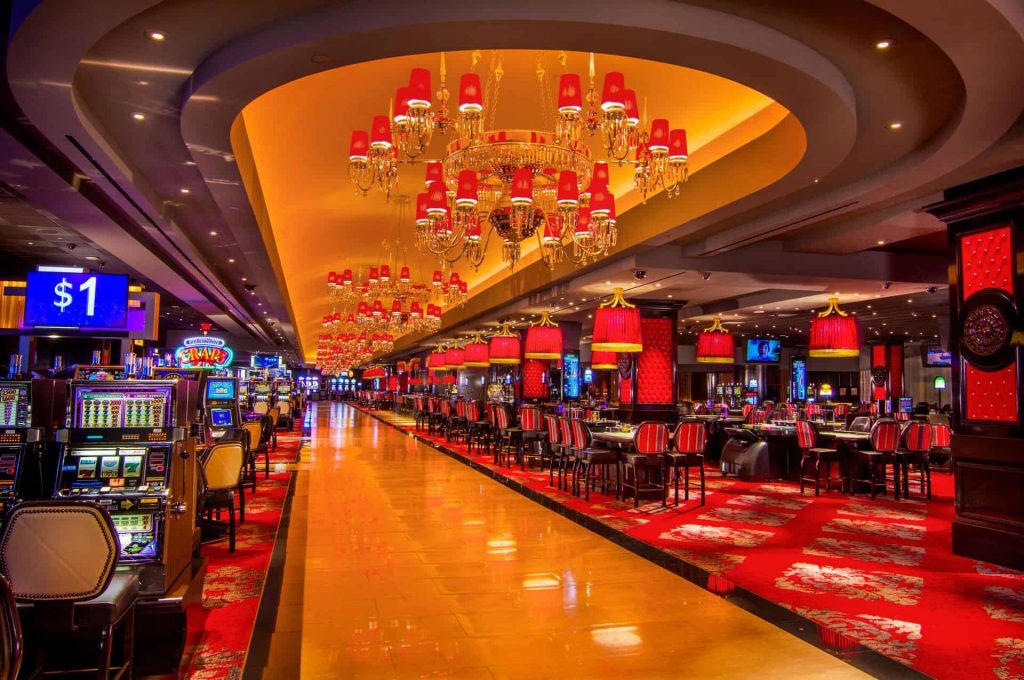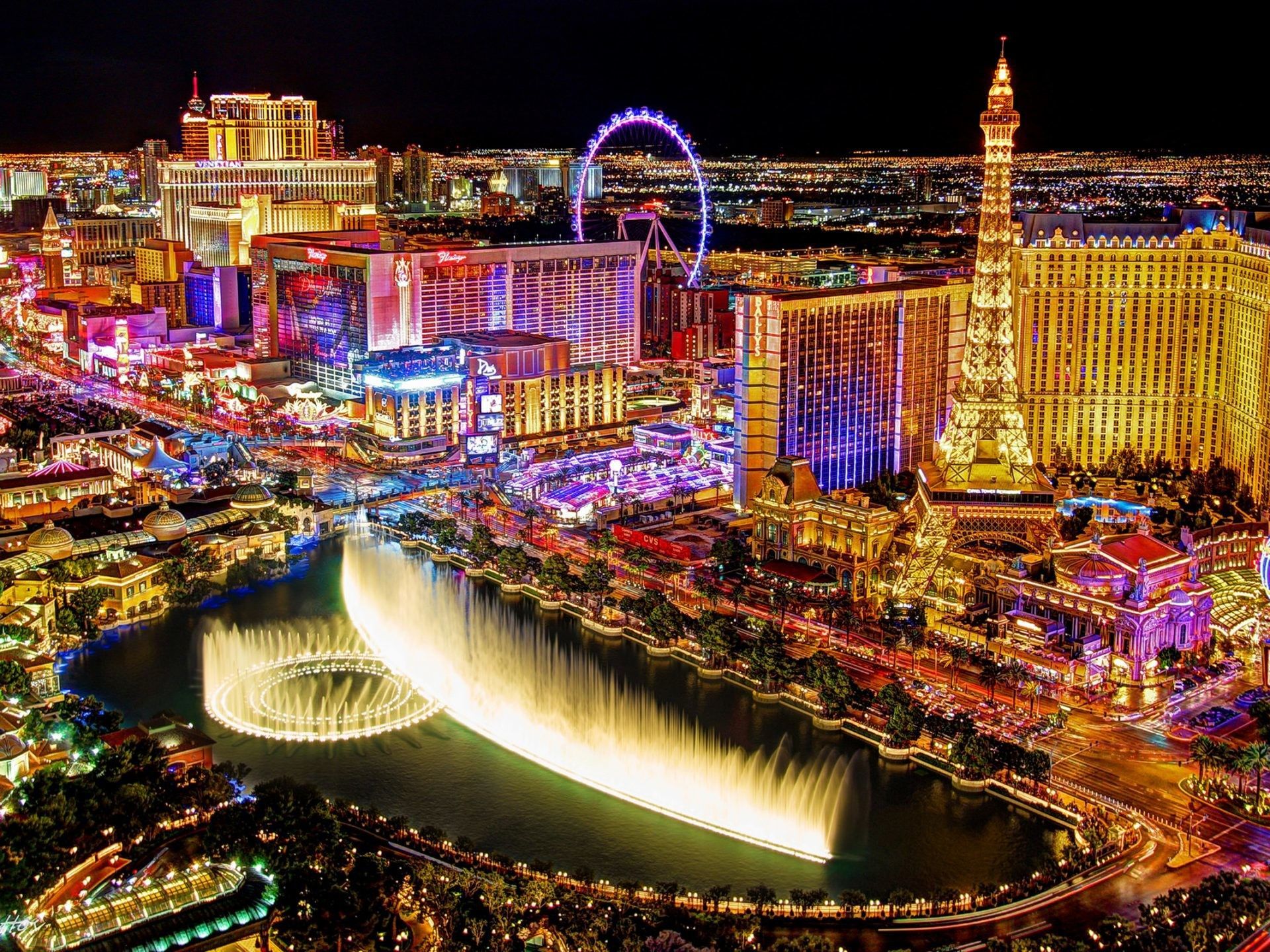The United States is one of the most developed countries in the world with an advanced legislature and efficient regulation for various economic sectors. The gambling industry is no exception. Land-based gambling in the United States is regulated both at the federal and state levels.
Gambling in America is regulated by the federal law adopted back in 1961. US states are eligible to adopt their own regulations.
A total ban on land-based casinos, poker rooms and betting stores is effective only in Utah and Hawaii. Two other states, Nevada and Louisiana, fully allow gambling, with no restrictions on the selection of casino games and casino locations. Good examples of such spots are Las Vegas, Atlantic City and New Jersey.
Casino cities as a land-based gambling phenomenon

Americans have always been a gambling nation. According to the stats, an average American spends at least $200 a year on lottery tickets, and that’s not even counting slot games. To ensure secure gambling, the US government has decided to set up certain locations to gamble, with Las Vegas and Atlantic City topping the list.
Las Vegas

The city, also known as Sin City, was founded back in 1905 and for a long time has ben considered a major railroad hub. Then, twenty-six years after its establishment, Nevada allowed gambling. From that historic moment, Las Vegas began to actively evolve as a national, and then international gambling capital.
Las Vegas welcomes up to 40 million visitors each year with its own population of only 600,000. Most of the local residents are employed in the gambing, hotel and restaurant industry.
Atlantic City
This is the second largest gambling area in the United States, second only to Las Vegas. The gambing resort has a very developed entertainment infrastructure, servicing more than 35 million tourists annually. As in the case of ‘Sin City’, the Atlantic City land-based casinos operate within hotel compounds, some of them are included in the rating of the best gambling houses in America.
